KID REPORTERS’ NOTEBOOK
After Hurricanes, Utility Workers Restore Power
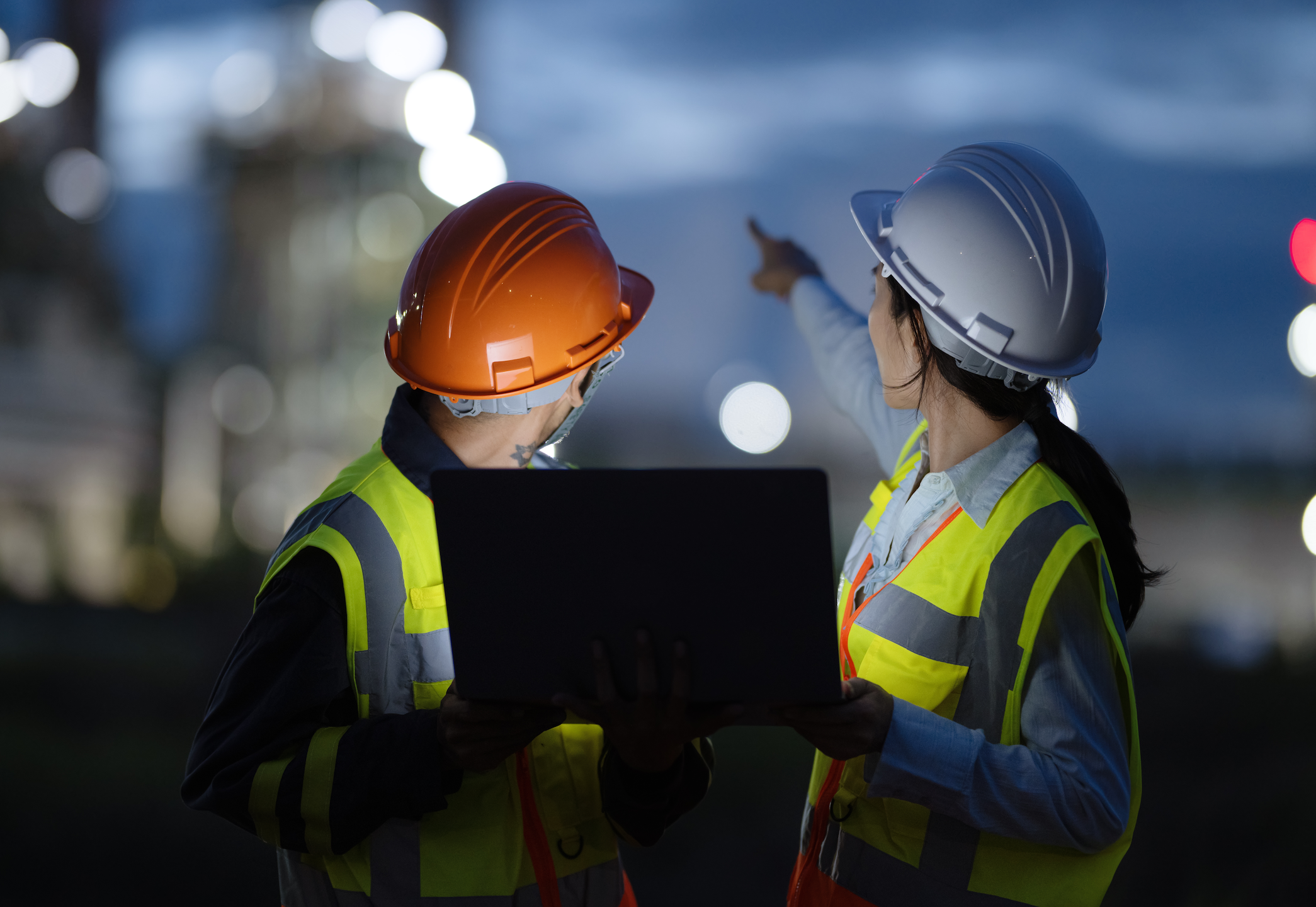
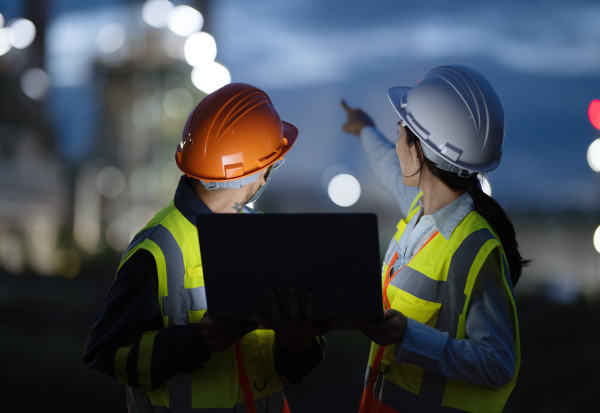
Utility line workers are crucial to the functioning of the country.
When you hear the word “lineman,” you may imagine a sturdy athlete on a football field who tackles other players. But electrical linemen are actually essential to the functioning of our country. They are among the first individuals who respond to a natural disaster.
In late September and early October, Hurricanes Helene and Milton brought damaging winds and rain to the Southern United States. Electrical linemen from across the country mobilized to help restore downed power lines and electrical systems in the affected areas.
Line workers need physical endurance and specialized training. Many of them work with voltages of power so high that they could cause electrocution.
“Linemen and women are hard at work to restore power for local communities,” Mallory Duncan, director of communications for AES Indiana, told me after the hurricanes.
AES is a utility company whose initials stand for Applied Energy Service. It supplies power for the city of Indianapolis. When a hurricane or blizzard occurs in another part of the country, workers may be deployed to those areas to help with power line repairs.
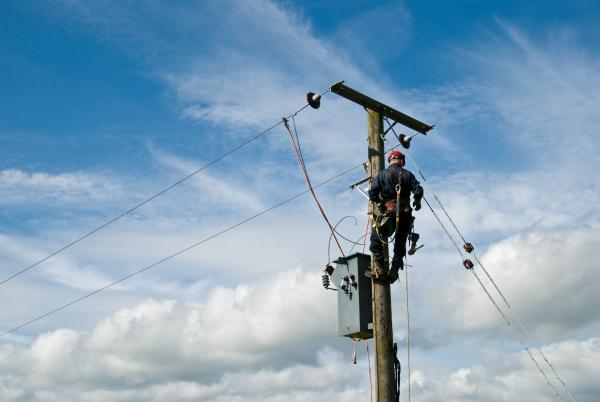
According to the U.S. Bureau of Labor Statistics, an estimated 123,400 individuals work as electrical linemen across the country.
“FIRST RESPONDERS”
According to the U.S. Bureau of Labor Statistics, there are approximately 123,400 linemen jobs in the U.S. It’s a fast-growing industry, so more jobs are continually being added. An increasing number of women are entering the profession.
In March 2024, the U.S. Congress introduced legislation to officially classify linemen as emergency response providers. “Like our other emergency responders, utility line technicians are among the first to put themselves in harm’s way after disaster strikes,” U.S. Representative Donald Norcross of New Jersey said in a press release that month. Norcross co-sponsored the bill.
The Linemen Legacy Act would make linemen part of the Homeland Security Act of 2002, which classifies firefighters, emergency medical technicians, and other public safety officials as first responders.
Many people wonder about the difference between linemen and electricians. Linemen work outdoors with high-voltage transmission lines (power lines) and other electrial systems. They typically work for utility or telecommunications companies, or companies that repair electrical lines and related infrastructure. Electricians usually work indoors with lower voltage systems. They are often employed at construction sites and factories. They also install and repair lighting systems in homes and businesses.
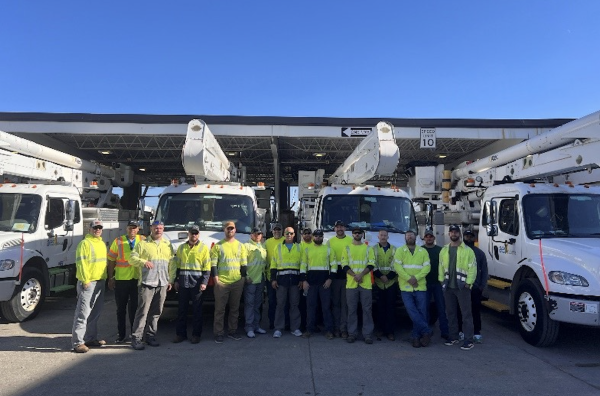
After Hurricane Helene, several AES linemen traveled from Indiana to Florida to help get power lines back up and running.
ANSWERING THE CALL
After Helene and Milton wreaked havoc, line workers from across the country were sent to Florida, Georgia, and the Carolinas to help restore power. At least 37 states sent crews to Florida alone to repair the damage caused by Hurricane Helene.
“Men and women of AES worked 5-10 days straight to help get power back to residents, not just in Indiana, but also in Florida,” Duncan said.
Duncan, Representative Norcross, and others say that it’s important to give these unsung heroes the recognition they deserve.
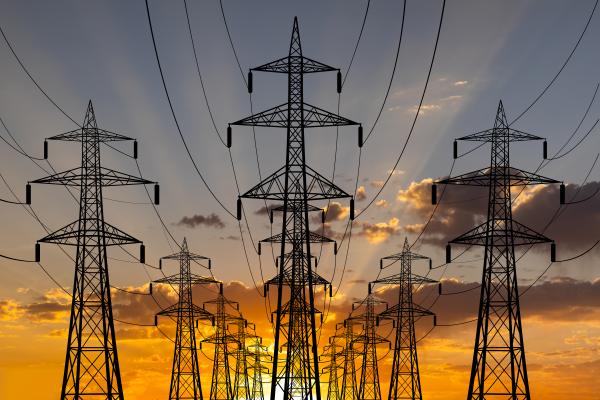
Power lines across the U.S. transport elecricity generated at power plants to homes and businesses.
